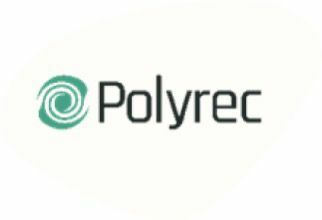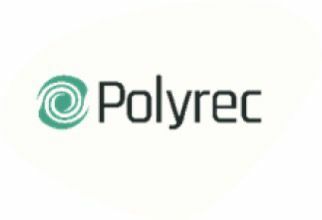



Keep this story going! Share below!
Although there are several innovations within Litoplas, Polyrec stands out as the most significant. Its a recycling company founded as an extension of Litoplas's sustainability efforts.
What makes the innovation special is that it is not limited to Litoplas. It serves other packaging producers and brand owners too, offering them recycling solutions that align with their sustainability goals. This aligns with the UN Sustainable development goals(SDG 9.) Industry, Innovation and infrastructure.
This "closed-loop" model makes plastic packaging both economically and environmentally sustainable. As Julian explained; "We wanted to solve the problem because companies that produce flexible packaging can't find viable end-of-life alternatives for their packaging. I assign value to recycling plan." This partnership established a new business model that goes beyond simple selling packaging. It offers clients a certified sustainability solution guaranteeing that their environmental impact is effectively addressed through recycling initiatives.
What makes this innovation special is that it is not limited to Litoplas. It serves others packaging producers and brand owners too, offering them recycling solutions that align with their sustainability goals.

As Julian explained: "We said as a group, it's time to get into this recycling thing before the sustainability of the business became an issue."
Building on this commitment to environmental innovation, Polyrec was established to minimize the CO2 footprint of packaging materials while ensuring that plastics are repurposed for a second life.
The innovation has achieved impressive results. By the year 2024, Polyrec recycled more than 8,000 tons of plastic annually, with an installed capacity projected to reach 20,000 tons by the end of 2025.
The company has attracted private equity investment to expand it's operation and strengthen its leadership in the recycling market. Moreover, Polyrec's approach has influenced local legislation in Colombia to make recycling more mainstream and mandatory.
Julian explained: "From a commercial point of view, it starts to make a lot of sense. I can sell the same packaging as the producer B, but I can offer this added value by guaranteeing that your environmental impact will be zero because what you consume will be recycled."
This unique value proposition strengthens clients trust, attracts sustainability-minded brands, and provides Polyrec with a competitive advantage in the recycling industry.
The innovation supports multiple UN Sustainable Development Goals (SDGs). This includes: SDG 9-Industry, innovation and Infrastructure, SDG 12-Responsible Consumption and Production, SDG 13- Climate Action, SDG 17-Partnership for the goals.
By promoting circular economy practices, Litoplas and Polyrec are reducing waste, lowering CO2 emission, and encouraging sustainable production across multiple industries.
By improving waste management and recycling infrastructure the company helps reduce pollution and its associated harms to communities (for example communities located near dumpsites or informal wastes sectors). Their business model supports more responsible consumption and production of pattern (aligning with SDG 12: Responsible Consumption and Production) which benefits both the society and future generation by creating more sustainable systems.
Polyrec's innovation contributes significantly to environmental sustainability by converting plastic wastes, especially flexible plastic, which are hard to recycle-into high-quality recycled materials, thereby reducing virgin plastics use and CO2 emission. On the social front, Polyrec's operations supports inclusive employment, strengthens recycling value-chains in vulnerable communities and promotes a shift towards circular economy practices in Colombia
Get stories of positive business innovations from around the world delivered right to your inbox.
Julian Coymat, General Manager
